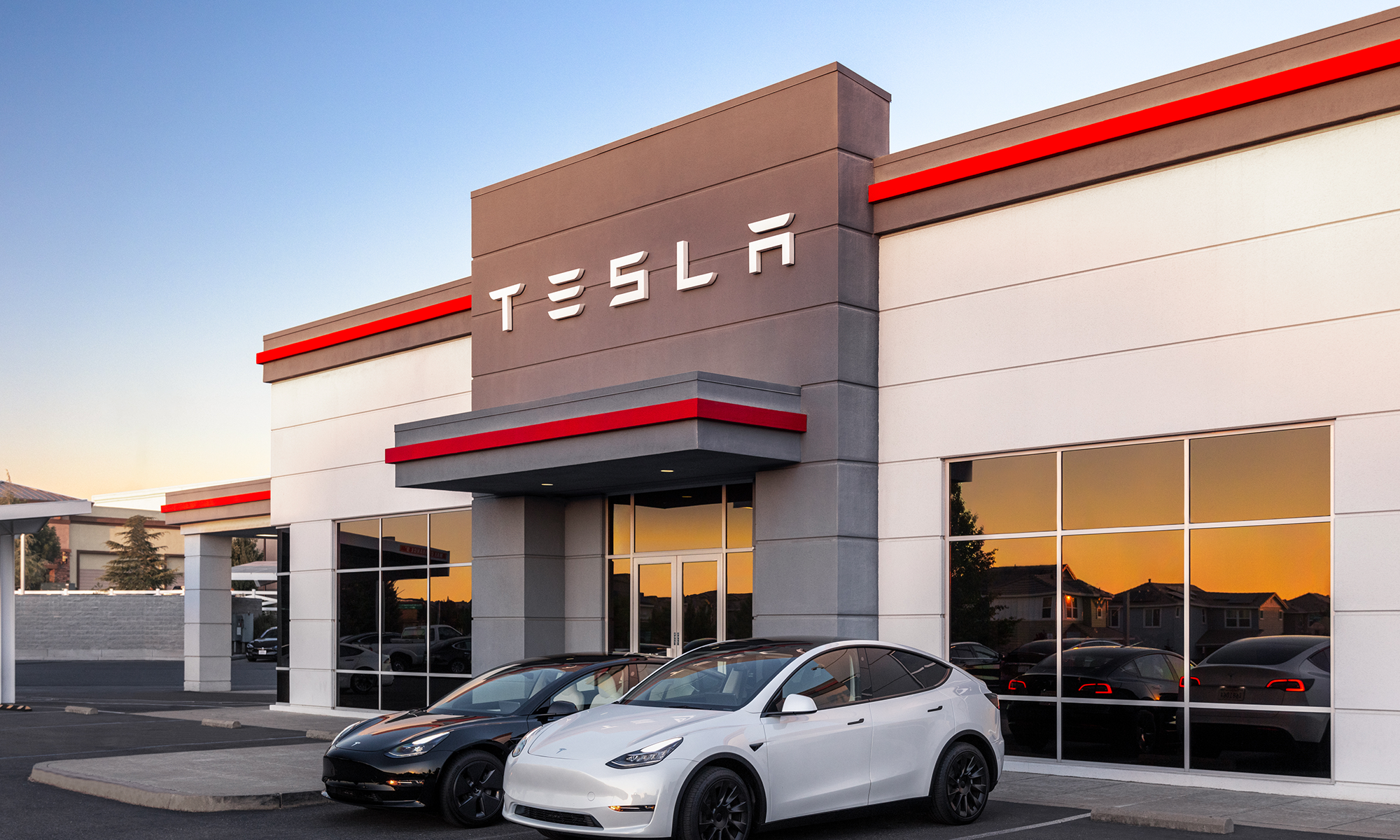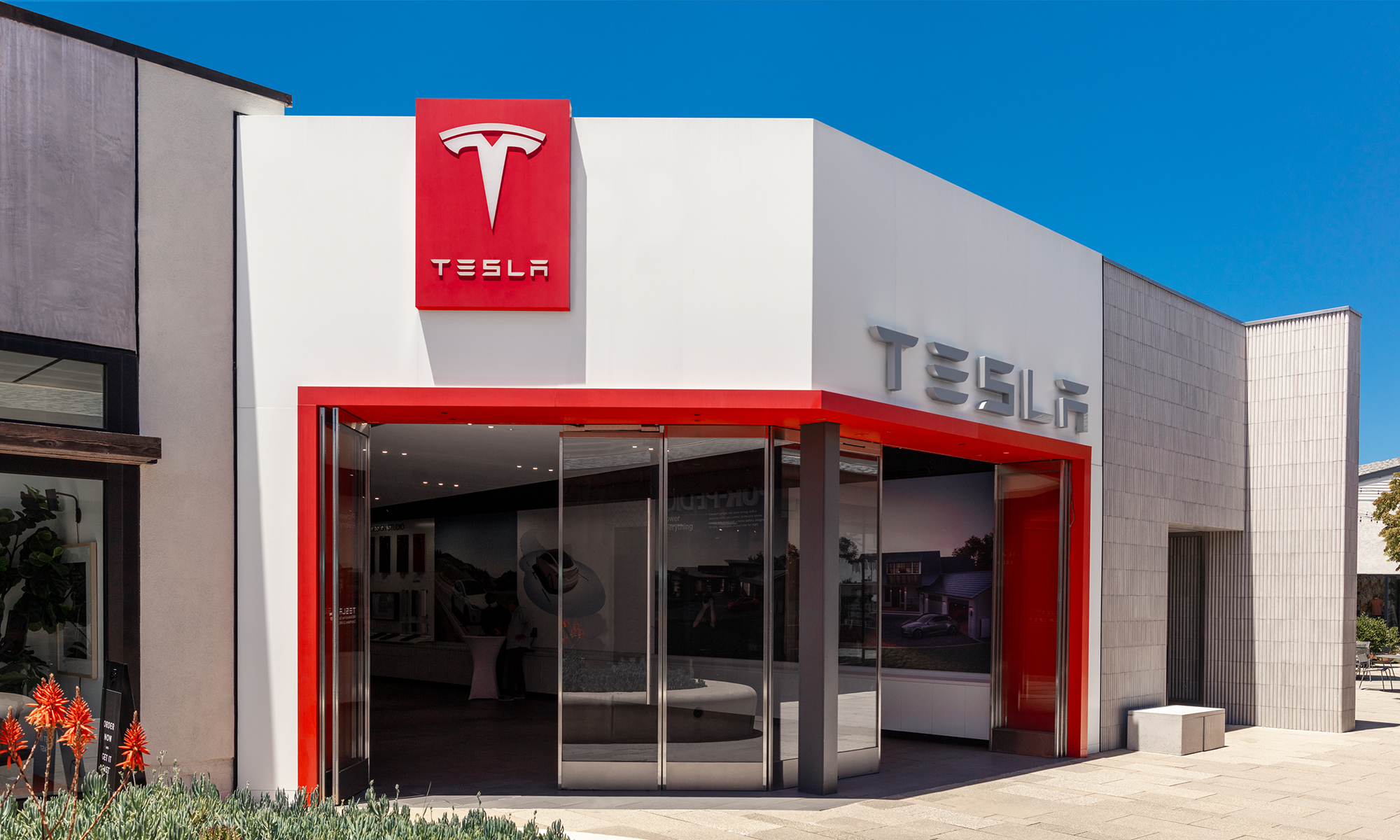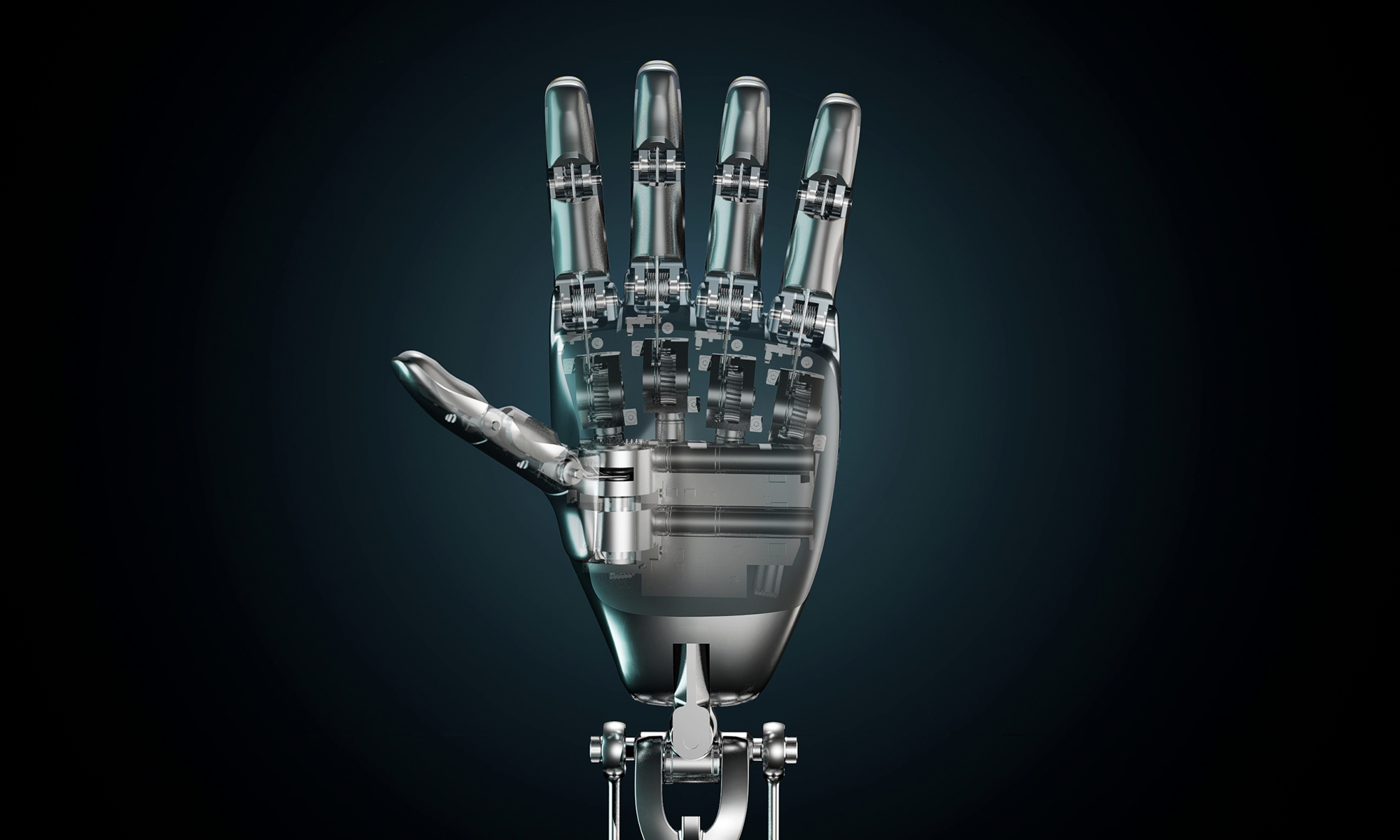Every day, Wall Street analysts upgrade some stocks, downgrade others, and "initiate coverage" on a few more. But do these analysts even know what they're talking about? Today, we're taking one high-profile Wall Street pick and putting it under the microscope...
Ford stock earned $1.90 per share in 2017, but its earnings are likely to decline this year -- and next year, too. Toyota earnings will decline next year as well, while General Motors' profits should decline for the next two years running -- all this, according to Wall Street analysts surveyed by S&P Global Market Intelligence.
And yet, there's one car company out there that could buck this trend of falling earnings among automakers, according to Jefferies & Co. And believe it or not, its name is Tesla (TSLA 0.07%).

Tesla has its Model 3 problems worked out. Next step: Fixing the debt. Image source: Tesla.
Tesla changes the story
Yes, Tesla. That perpetual burner of cash and consumer of profit in years past finally turned profitable and free-cash-flow positive in Q3, and what's more, it promised to earn more profit and generate more cash flow in Q4. That's big part of the reason why Jefferies upgraded Tesla stock this morning.
"Tesla is one of a few OEMs likely to grow earnings in 2019-20," writes Jefferies today in a note covered on StreetInsider.com (subscription required). The company stands out from the competition "with broader price points, battery security of supply, product edge and a brand that transcends the volume/premium divide," argues the analyst.
As a result, while automakers like Ford, GM, Toyota, Volkswagen, Volvo, and others fight a "zero-sum-game" over share in the electric-cars-that-aren't-Teslas market, Tesla operates in a sort of separate market all its own. The company doesn't need to compete with the other automakers for generic e-car sales. It doesn't need to lowball its electric-car prices to win market share, and suffer "negative margin" in order to make sales.
And as a result, in contrast to all the other automakers, argues Jefferies, Tesla is the one car company likely to keep growing earnings over the next couple of years.
Another reason to love Tesla
As buy theses go, the one Jefferies has just outlined for us may already be enough to get you interested in Tesla stock -- but it's not the only reason Jefferies is impressed with Tesla. As the analyst explains, the company is also in the process of conducting a "balance sheet detox" that will strengthen its financial position by lightening its current $9.7 billion debt load.
Yesterday, Bloomberg reported that Tesla is planning to pay off $920 million in convertible bonds coming due in March through a combination of cash and stock. Roughly half the money due to bondholders will be paid by converting the debt owed into Tesla stock (i.e., issuing new shares and trading them for debt). But, now that Tesla is free-cash-flow positive (and likely to stay that way), the company will pay half the money due with cash.
What it means to investors
Bloomberg notes that Tesla's decision to part with some of its hard-earned cash "may be a show of confidence by the Elon Musk-led company that it's going to be sustainably profitable going forward." If the company voluntarily uses cash to pay off its debt, then it stands to reason management must believe it will be generating more cash in the future. But there's a second aspect to this story.
Paying off its bond with cash turns out to be a savvy financial move for Tesla. Here's why: Currently, Tesla stock is selling for more than $370 a share. Given that paying off the bond with equity would require the company to issue shares at an implied valuation of less than $360, though (the bonds convert to equity at $359.87 per share), it's actually cheaper for Tesla to use cash, than shares, to pay off its bond.
And given that Tesla has the right to "satisfy our conversion obligation by paying or delivering, as applicable, cash, shares of our common stock or a combination of cash and shares of our common stock, at our election," it makes sense for the company to use cash -- not shares -- to the greatest extent possible to pay off its debt.
Thus, once the conversion happens, we'll not just get a better sense of how much "confidence" Tesla has in its ability to generate cash -- we'll also get a good look at how great of a deal Tesla was able to strike with its conversion.
The more cash Tesla spends, the more likely Jefferies is right to recommend Tesla stock.






